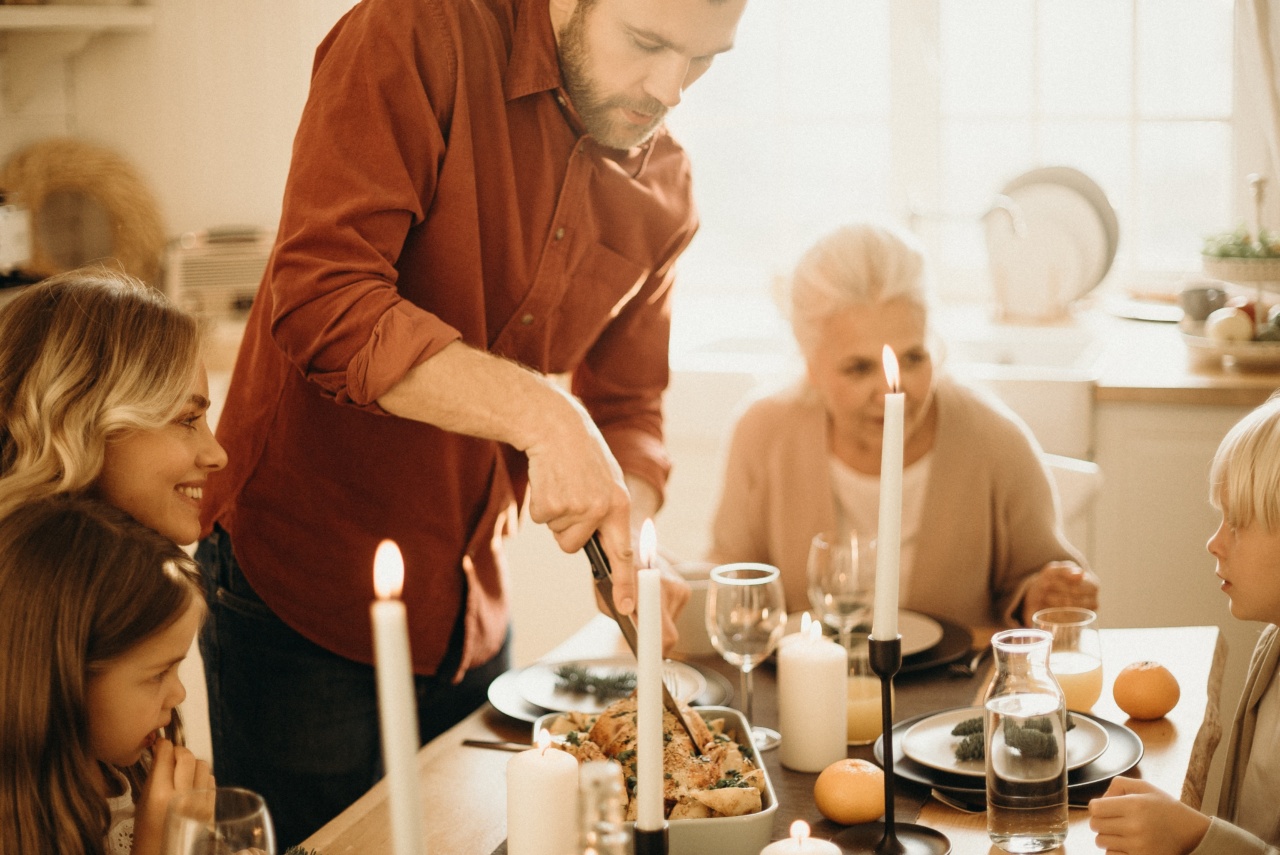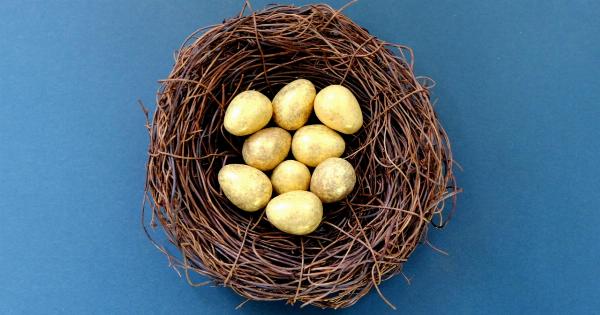During pregnancy, it’s important to pay attention to your diet to ensure the health and well-being of both you and your baby.
While the Easter feast may be tempting, there are certain foods that should be avoided due to potential risks they pose during pregnancy. This article will outline the foods to steer clear of during your Easter meal and provide helpful alternatives.
1. Raw or Undercooked Eggs
Traditional Easter staples such as deviled eggs or egg salad can be risky if the eggs are not fully cooked. Raw or undercooked eggs could be contaminated with salmonella, which can cause food poisoning.
Instead, ensure that all eggs are thoroughly cooked to reduce the risk of any harmful bacteria.
2. Soft Cheeses
Soft cheeses like brie, camembert, or blue cheese should be avoided during pregnancy. These cheeses could potentially contain listeria, a bacteria that can lead to miscarriage, stillbirth, or other serious health issues for the baby.
Opt for harder cheeses, such as cheddar or Swiss, which are generally safer to consume.
3. Raw Seafood
While sushi may be a favorite for many, it’s best to avoid raw or undercooked seafood during pregnancy. Raw fish and shellfish are more likely to harbor bacteria, viruses, or parasites that can cause foodborne illnesses.
It’s recommended to choose cooked options like grilled fish or well-cooked seafood dishes.
4. Deli Meats
Although it might be tempting to indulge in a sandwich filled with deli meats, it’s advisable to avoid them during pregnancy. Deli meats can be contaminated with listeria, which poses a risk to the mother and the baby.
If you’re craving a sandwich, opt for fresh, cooked meats instead.
5. Unpasteurized Milk and Juices
Unpasteurized milk or juices may contain harmful bacteria such as listeria or E. coli. These bacteria can lead to serious complications during pregnancy.
Always make sure to choose pasteurized versions of milk and juices to ensure your safety and that of your baby.
6. Alcohol
It’s common knowledge that alcohol should be avoided during pregnancy. When attending Easter celebrations, be cautious of alcoholic beverages that may be offered.
Consuming alcohol during pregnancy increases the risk of fetal alcohol spectrum disorders and can have severe long-term effects on the development of your baby. Opt for non-alcoholic alternatives like mocktails or refreshing fruit-infused water.
7. High-Mercury Fish
Certain fish varieties, such as shark, swordfish, king mackerel, and tilefish, contain high levels of mercury. Mercury can negatively impact the baby’s developing nervous system.
Instead, choose safer fish options like salmon or trout, which are rich in omega-3 fatty acids and have lower mercury content.
8. Unwashed Fruits and Vegetables
Properly washing fruits and vegetables is crucial to eliminate any potential bacteria or pesticides. During pregnancy, your immune system may be more susceptible to infections.
Make sure to wash your produce thoroughly or opt for cooked fruits and vegetables to minimize any risks.
9. High-Sugar Treats
While it may be tempting to indulge in Easter chocolates or sugary desserts, it’s important to be mindful of your sugar intake during pregnancy.
High levels of sugar can contribute to excessive weight gain and increase the risk of gestational diabetes. Opt for healthier alternatives such as fresh fruit, yogurt, or homemade desserts with reduced sugar.
10. Caffeine
Excessive caffeine consumption during pregnancy can have adverse effects on both the mother and the unborn baby. It’s recommended to limit caffeine intake to 200 milligrams per day, which is equivalent to about one 12-ounce cup of coffee.
Choose decaf options or herbal teas instead of caffeinated beverages during your Easter celebration.
Conclusion
As you enjoy your Easter meal, remember to prioritize the health and safety of yourself and your baby. Avoiding these potentially harmful foods is an essential step towards maintaining a healthy pregnancy.
Opt for healthier alternatives that can provide the same enjoyment without the associated risks. Listen to your body, consult with your healthcare provider, and make informed choices for a memorable Easter meal that keeps both you and your baby safe.































